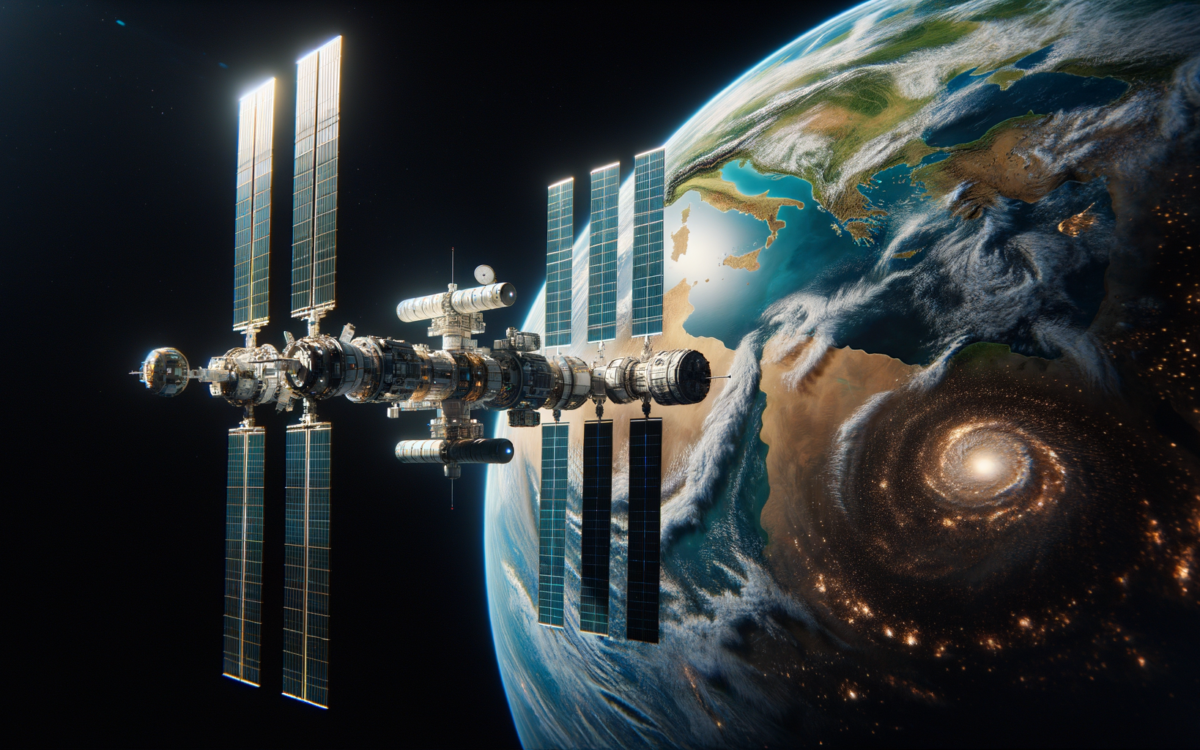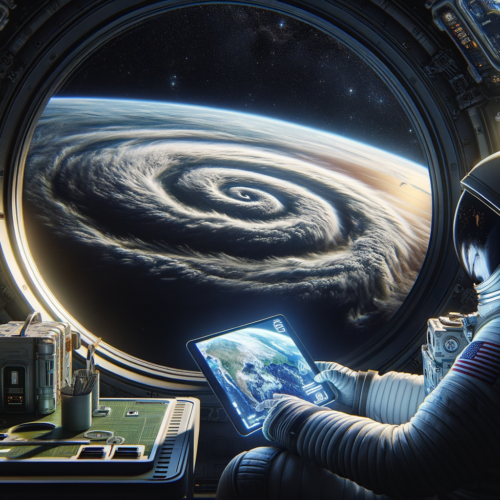Blue Origin’s “Orbital Reef” Gets NASA’s Nod for Future Space Station Life Support
-
Blue Origin’s “Orbital Reef” life support system receives NASA’s approval, marking a significant step towards the development of a new space station.
-
The system is designed to recycle and reclaim air and water, reducing the need for supplies to be launched from Earth.
-
With the International Space Station scheduled for retirement in 2030, NASA is eyeing the “Orbital Reef” as a part of its successors for microgravity research.
A Space Habitat’s Leap Towards Sustainability
In an exciting development, NASA has given the green light to Blue Origin’s innovative life support system known as “Orbital Reef”. This pivotal approval moves us one step closer to the dream of a new space station that could eventually take over from the aging International Space Station (ISS). The ISS, a marvel of international cooperation and human ingenuity, is approaching the end of its operational life, anticipated around 2030. This poses a significant question: what comes next?
Enter the “Orbital Reef”
Orbital Reef, a concept that sounds straight out of a sci-fi epic, is set to address that very question. Designed with the future in mind, its life support system is built to recycle and reclaim most of the water and oxygen generated by the astronauts’ day-to-day activities. This ingenious system ensures that the air and water aboard the facility are constantly purified, significantly cutting down the need for Earth-based resupplies. Imagine the benefits of such a system—less dependence on Earth, longer missions, and perhaps, a step closer to sustainable living in space.
The Four Pillars of Survival
NASA’s rubber stamp came after approving four critical systems within the Orbital Reef’s life support infrastructure. These include the technology to filter potentially hazardous materials from the air, oxidize water contaminants, recover water from urine, and manage water tank storage efficiently. Each of these systems plays a crucial role in creating a safe and sustainable environment for astronauts, researchers, and potentially, space tourists of the future.
Looking Beyond the Horizon
As we edge closer to 2030, NASA’s vision for a new orbital facility underscores the importance of continued microgravity research. In addition to Blue Origin, organizations like Axiom Space and Starlab Space are also in the race, developing other components that will form part of this new space station. The collaborative efforts of these firms promise to open new frontiers in space exploration and habitation.
Jon’s Take
The “Orbital Reef” project is more than just another space endeavor; it’s a glimpse into the future of humanity’s place among the stars. With NASA’s approval of Blue Origin’s life support systems, we’re not just talking about replacing the ISS; we’re dreaming about sustainable living beyond Earth. This development brings us closer to answering some of the most profound questions about our existence and our capacity to thrive in the cosmos. As we continue to push the boundaries of what’s possible, let’s remember — the truth isn’t just out there; it’s right here, in the innovations and aspirations that drive us forward.
Original Article




